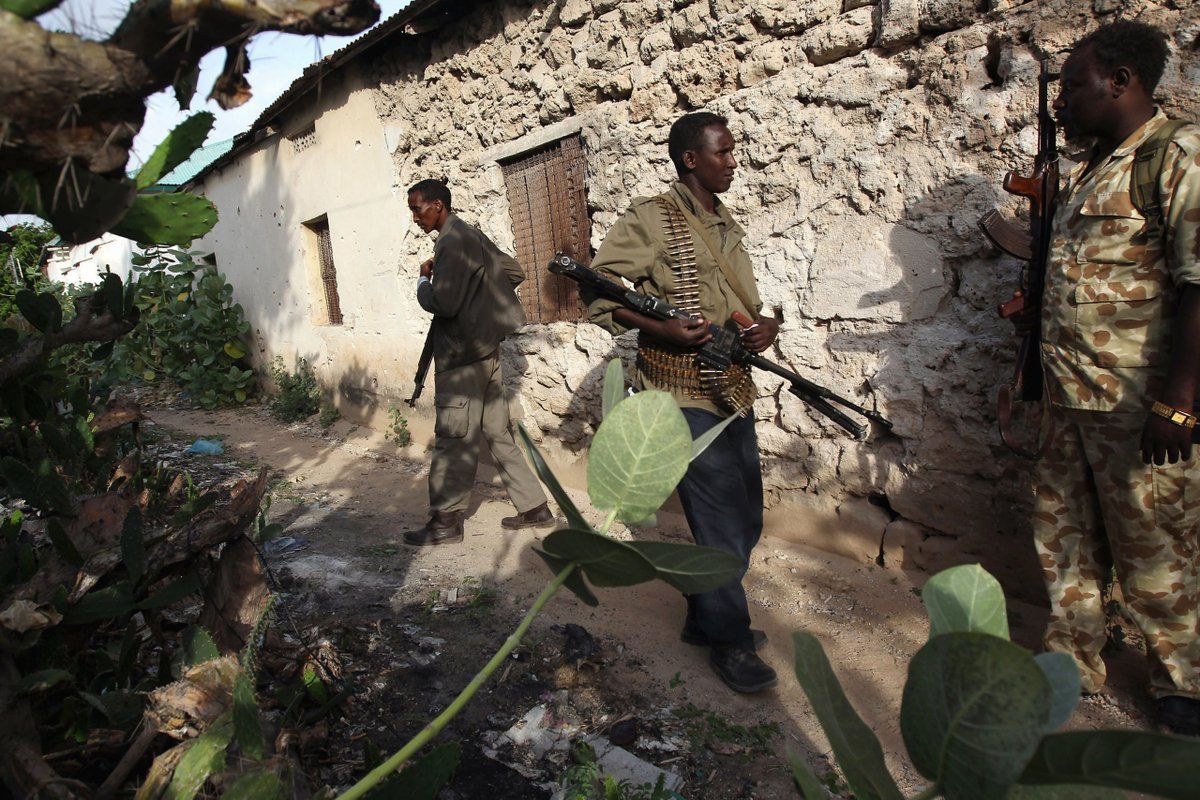By Bonnie Kristian
When President Biden decided which “forever wars” to wind down in whole or part, the nebulous U.S. military intervention in Somalia did not make the list. On the contrary, the Biden administration in May made a little-noticed announcement that it would reverse former President Donald Trump’s late 2020 order to withdraw most U.S. troops from the African nation. The United States will have a “persistent presence” in Somalia, the Defense Department said, continuing an “advise-and-assist mission” for local forces fighting the insurgent group al-Shabab.
That announcement said American forces wouldn’t be “directly engaged in combat operations” in Somalia, but that’s a dubious claim, as news of a U.S. airstrike against al-Shabab this week demonstrated anew. The fact is the United States has, if not quite a war, certainly a longstanding and significant military presence in Somalia—one which was never explicitly authorized by Congress and which includes both aerial bombing and boots on the ground. What we don’t have is a strong reason to maintain this arrangement, to remain involved in Somalia’s internal strife and expose ourselves to the real (if low) risk of expanded war. Biden’s reversal of the Trump withdrawal from Somalia was a step in the wrong direction.
That’s not to say Trump’s drawdown changed a lot. As his administration noted at the time, the force movement did little to shift U.S. policy in Somalia, and the U.S. was “not withdrawing or disengaging from Africa.” Trump had markedly escalated the pace of U.S. airstrikes in Somalia, and, like Biden, he did not treat it as a boundless war to end or constrain to a limited mission with a measurable goal. Still, removing troops from the country had at least the merit of reducing their exposure to unintended conflict, like the ambush in Niger in which four U.S. soldiers were killed by Islamic State militants in 2017.
The Biden administration has cast its reversal of that troop movement as a matter of logistical pragmatism. Deploying in and out of Somalia is itself risky, Defense Department Press Secretary John Kirby told reporters in May. Kirby also said keeping in closer contact with Somali partners would be advantageous because this kind of training mission “is best done when you’re on site, and you can develop those relationships and keep those conversations going and stay as relevant as possible.”
This piece was originally published in The American Conservative on July 26, 2022. Read more HERE.

